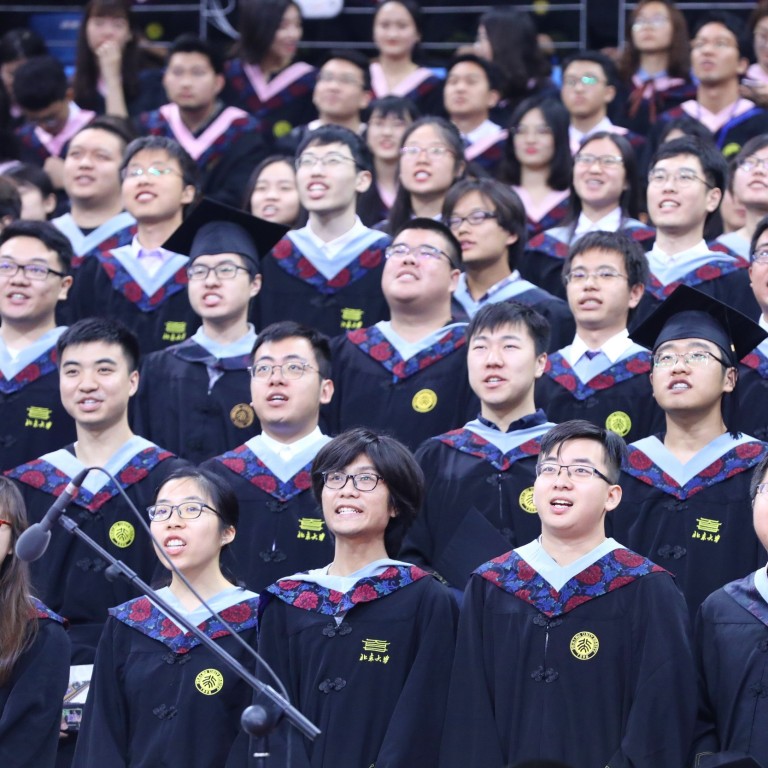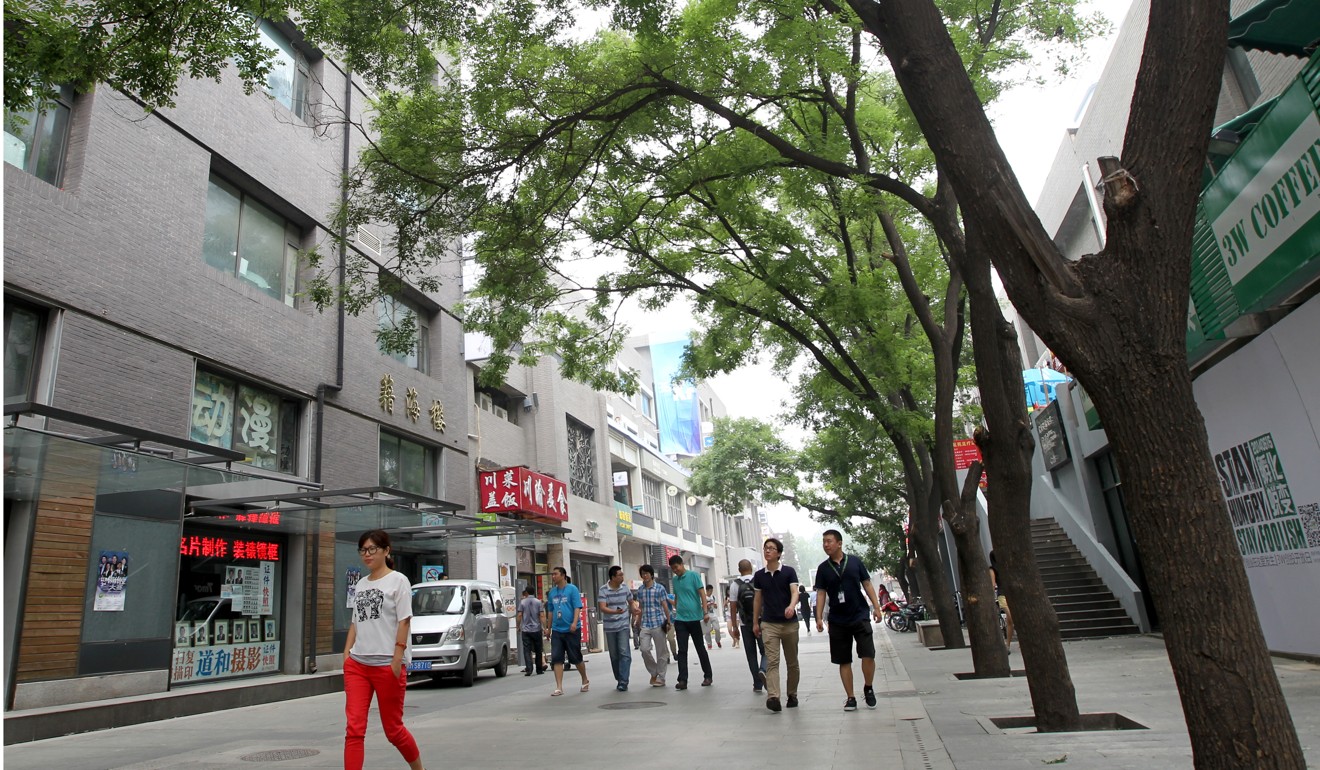
Why rents in China’s top cities are unlikely to see that midyear rise
- Local governments in cities such as Beijing, Shenzhen and Chengdu have cracked down on price increases by rental apartment operators
- Fresh graduates prefer to rent rooms instead of entire flats to keep their overall costs down
Rents in China’s top cities, which rise every summer on the back of an influx of fresh college graduates joining the workforce, are unlikely to increase by much this year as they have reached the upper limit of their affordability and received warnings from local governments, market observers say.
Average monthly rent in first-tier cities such as Beijing have stayed flat at 90 yuan (US$13) per square metre in the first three weeks of June, little changed from the same period last year, according to property listing and data service Zhuge.com.
This is in contrast to last summer when average rents jumped 7.8 per cent in the May to August period. Similar increases were also recorded in Shenzhen and Chengdu after the local governments tore down substandard flats on the cities’ outskirts, higher prices from rental apartment operators following upgrades and refurbishments and the rush of graduates.
“Rental apartment operators’ price-driven expansion has halted because of more intense government oversight, and their high prices exceeds ordinary renters’ affordability,” said Yang Yajing, an analyst with Zhuge.com. “Renters’ income growth too has been unable to keep up with the previous surge in rents.”
Last year’s intense price war among rental apartment operators for bulk leases sparked widespread uproar, prompting local governments to step in who demanded that they add flats without increasing rents.
This has led to a cooling in rent growth.
In Beijing, for example, average rents fell after it peaked last August. It rose modestly from February onwards before flattening out in June.
Who is to blame for the 10 per cent rise in Beijing’s rents this year?
A property agent, who declined to be named in Beijing’s Haidian district, said compared with previous years fewer graduates were seeking rent, with the price for a one-year lease stable this year.
“Vicious competition among apartment operators last summer drove up rents, but this year the market looks calm as the phenomenon has ebbed. That said, rents in top cities are still high compared with income levels,” said Zhang Dawei, chief analyst at Centaline China.
In Beijing, the average rent of 5,508 yuan (US$798) for a one-bedroom flat accounts for 97.2 per cent of the average disposable monthly income in the city. However, if one chooses to rent a room in a flat, the ratio falls to 48 per cent.
Increasingly, living in a subdivided room has become the norm for graduates looking to reduce living expenses in top-tier cities.
A recent survey by China’s biggest property agent platform Ke.com of more than 1,000 youths in top cities found that although 67.5 per cent said living independently was what they want, nearly 70 per cent would accept rent-sharing because of cost concerns. Some 35 per cent said they would like to only pay 20-30 per cent of their monthly income as rent.
Long road to maturity for China’s stratified rental housing market
Eva Zhou, a 22-year-old college graduate in Beijing, is one of them. She recently rented a flat in an old community 2km away from her workplace in Guomao. She pays 3,200 yuan, or nearly half of her salary for a two-bedroom unit that she shares with her classmate – even though she could rent a one-bedroom flat in a suburban area.
“I would not compromise on the location. I’ll be worn out if I commute after a tiring day of work,” she said. Asked if the rest of her salary was enough for her daily expenses, Zhou said she turns to her parents if needed.

Daunted by various challenges including expensive rent, an increasing number of young graduates were opting to leave top cities for good.
According to educational research company MyCOS, the ratio of college graduates choosing to work in first-tier cities fell to 21 per cent from 25 per cent between 2014-18, while those opting for second-tier cities rose to 26 from 22 per cent.
Zhou said she was one of the few graduates from her class to work in Beijing, while many have chosen to go for higher education or return to their provincial hometowns.


